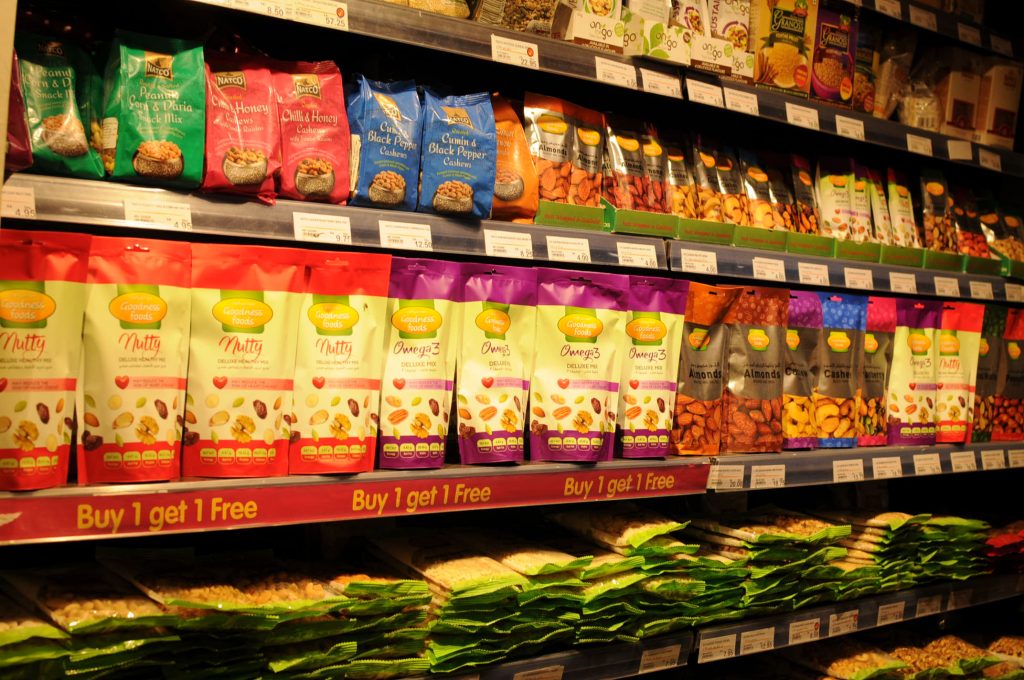Commissioner Hogan continues diplomatic offensive in Saudi Arabia and Iran
Agriculture and rural development Commissioner Phil Hogan will continue his series of diplomatic offensives on behalf of European food and drink products with visits to Saudi Arabia and Iran on 7-12 November 2017. As usual, Commissioner Hogan will be accompanied by a delegation of senior representatives from European food and drink companies and producer organisations.
The aim of the visit is to enhance cooperation between the EU, Saudi Arabia and Iran in the field of agriculture and rural development, in particular with a view to further developing bilateral trade in agri-food products between the EU and the two Middle Eastern countries.
Saudi Arabia is already the EU’s sixth biggest export market for agri-food products, with sales there of €4.6 billion in 2016. As a net food importer and with a growing population of young people and rising disposable incomes, Saudi Arabia has the potential to become an increasingly important market for European agri-food producers.
There is little established trade in agri-food products between the EU and Iran, but bilateral exchanges have increased significantly in the past year following the so-called nuclear deal with Iran that has seen the country emerge from the diplomatic wilderness and back onto the world stage. It is now an aspiring WTO member and with a growing economy and a population of 80 million, the potential for increasing trade in EU agri-food products is significant.
The business delegation of senior figures from the EU agri-food sector that will accompany Commissioner Hogan on his visits will consist of representatives from the sectors with the most significant potential for trade and cooperation with Saudi Arabia and Iran.
For Saudi Arabia, this includes poultry and beef meat, dairy, fresh & frozen fruit and vegetables, olive oil, bakery, confectionery and chocolate products, cereals for human use and fodder/cereals for animal use, among others.
For Iran, the key sectors are dairy, meat (notably beef and sheep meat), olive oil, cereals and oilseeds, food and feed additives, and genetic materials (both of plant and animal origin). Other sectors such as fruit and vegetables or confectionery are also considered potentially interesting for trade with Iran.
Members of the business delegation will have their own business-to-business programme during the visit to Saudi Arabia and Iran, including business forums with local operators in Riyadh and Tehran. These meetings will offer the European businesses the chance to explore the possibilities and requirements for doing business in Saudi Arabia and Iran, as well as an opportunity to make direct business contacts with local companies.
The draft programmes of the business delegation activities are available here for Saudi Arabia and Iran.
Businesses or organisations wishing to apply to join the business delegation can do so here before 10 July 2017. Those with experience in the above sectors, and/or with experience or interest in halal goods will be prioritised.



